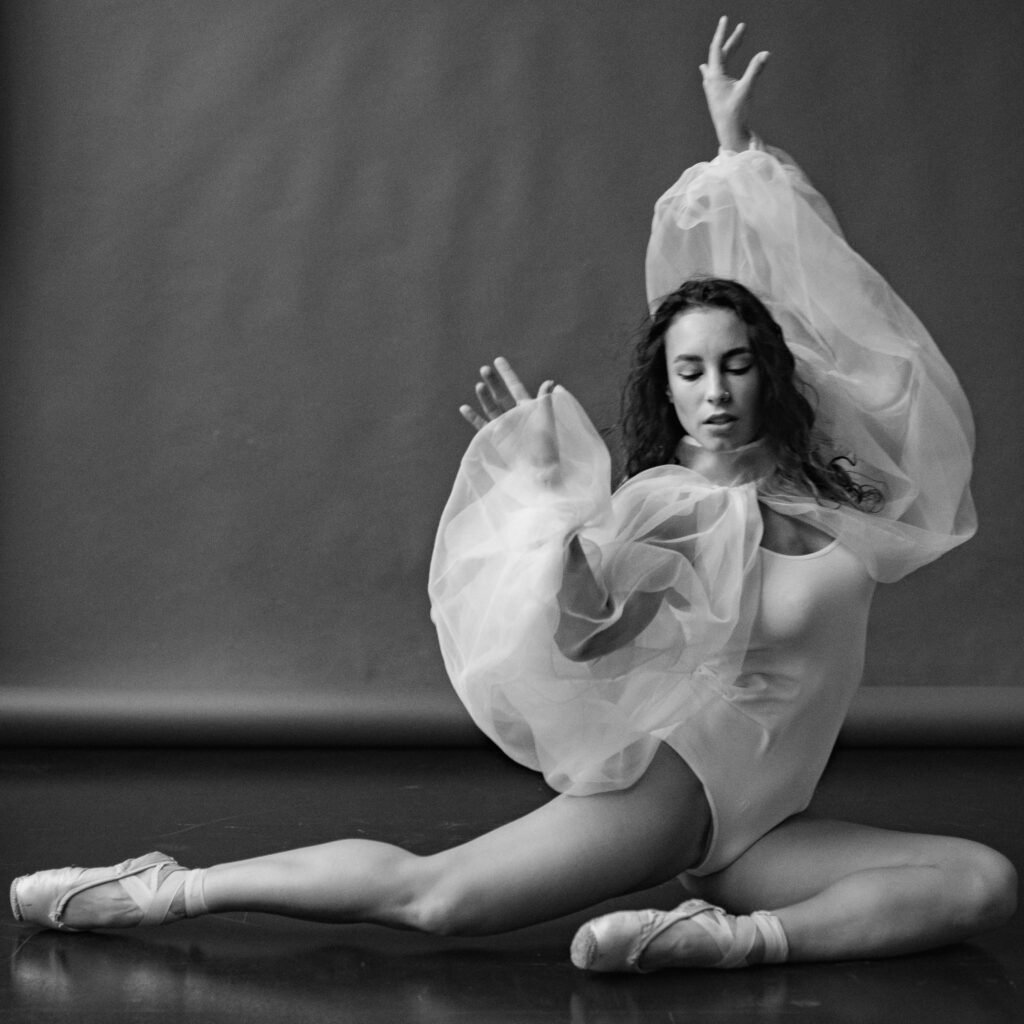The name “Russia” conjures a vast landscape, a rich cultural heritage, and a complex history. From the grand palaces of St. Petersburg to the stark beauty of Siberia, Russia is a land of contrasts. But lately, headlines mentioning Russia are often dominated by news of conflict. The ongoing war in Ukraine, with recent reports of deadly missile and drone attacks and Poland deploying air defenses, casts a long shadow. This article aims to provide a balanced perspective, exploring Russia’s multifaceted nature, including its culture, history, and the impact of current events. We’ll delve into the key aspects that define Russia, offering insights into its people, its place in the world, and the challenges it faces today.
A Glimpse into Russian History
Russian history is a tapestry woven with threads of empires, revolutions, and resilience. From its origins as a collection of East Slavic tribes to the rise of the powerful Tsarist autocracy, Russia’s past shapes its present.
The Rise and Fall of Empires
The Tsarist era saw Russia expand its territory across Eurasia, becoming one of the largest empires in history. Figures like Peter the Great and Catherine the Great modernized the country and established it as a major European power. However, internal tensions and social inequalities eventually led to the Russian Revolution of 1917, marking the end of the Tsarist regime and the beginning of the Soviet era.
The Soviet Era: Ideology and Transformation
The Soviet Union brought about radical social and economic changes, transforming Russia into a communist state. The country underwent rapid industrialization and played a crucial role in World War II. However, the Soviet system also faced challenges, including political repression, economic stagnation, and the Cold War rivalry with the United States. The collapse of the Soviet Union in 1991 marked a new chapter in Russian history.
Post-Soviet Russia: Challenges and Opportunities
The post-Soviet era has been a period of transition for Russia, marked by economic reforms, political changes, and the search for a new national identity. The country has faced challenges such as corruption, economic inequality, and regional conflicts. However, it has also made progress in areas such as economic growth, technological development, and international cooperation.
Exploring Russian Culture
Russian culture is a vibrant mix of traditions, art, and literature that has captivated the world for centuries. From its iconic ballet to its soul-stirring music, Russian culture reflects the country’s rich history and diverse influences.
Literature: A Reflection of the Russian Soul
Russian literature is renowned for its depth, complexity, and exploration of the human condition. Authors like Leo Tolstoy, Fyodor Dostoevsky, and Anton Chekhov have produced timeless works that continue to resonate with readers today. Their novels and plays delve into themes of love, loss, faith, and the search for meaning in a changing world. Consider exploring the works of contemporary Russian authors as well to get a sense of modern viewpoints.
Music and Dance: A Celebration of Artistry
Russian music and dance are celebrated for their artistry and emotional power. Composers like Pyotr Ilyich Tchaikovsky and Sergei Rachmaninoff have created masterpieces that are performed around the world. Ballet is a particularly iconic form of Russian art, with renowned companies like the Bolshoi and Mariinsky Ballet showcasing the country’s exceptional talent. The enduring popularity of these art forms speaks volumes about the cultural depth of Russia.
Traditions and Customs: A Glimpse into Daily Life
Russian traditions and customs offer a glimpse into the country’s daily life and cultural values. From the warm hospitality of Russian families to the vibrant celebrations of holidays like Maslenitsa and Victory Day, these traditions reflect the importance of community, family, and national pride. Learning about these customs can provide a deeper understanding of Russian culture and its people.
Russia in the 21st Century: Navigating Current Events
Russia’s role in the 21st century is marked by both opportunities and challenges. The country faces internal issues, such as economic diversification and social development, as well as external pressures related to its foreign policy and international relations. Understanding these complexities is crucial for grasping Russia’s current trajectory.
The War in Ukraine: A Turning Point
The ongoing war in Ukraine has had a profound impact on Russia, its relations with the rest of the world, and, most importantly, on the Ukrainian people. Recent reports highlight the devastating consequences of missile and drone attacks, causing immense suffering and raising concerns about regional stability. The conflict has led to international sanctions and a significant shift in geopolitical dynamics. For deeper insights into cybersecurity best practices, crucial in this environment, see our detailed analysis on that topic.
Economic Challenges and Opportunities
Russia’s economy is heavily reliant on natural resources, particularly oil and gas. Diversifying the economy and promoting innovation are key challenges for the country’s long-term sustainable development. The government has implemented various policies to attract foreign investment and promote technological advancement. However, the impact of sanctions and global economic trends continues to shape Russia’s economic outlook. To learn more about implementing AI in your business strategy, which could help with this, check out our comprehensive guide.
International Relations: A Complex Web
Russia’s relations with other countries are complex and multifaceted. The country maintains close ties with some nations while facing tensions with others. Its foreign policy priorities include promoting its national interests, safeguarding its security, and playing a significant role in international affairs. Navigating these complex relationships requires a nuanced understanding of Russia’s geopolitical objectives and its interactions with the global community.
Actionable Insights: Understanding Russia Today
Here are some actionable insights to help you better understand Russia and its place in the world:
- Stay informed: Follow reputable news sources that provide balanced coverage of Russia and its current events.
- Explore Russian culture: Immerse yourself in Russian literature, music, and art to gain a deeper understanding of the country’s cultural heritage.
- Consider multiple perspectives: Seek out diverse viewpoints on Russia and its policies to avoid biased or one-sided narratives.
- Engage in respectful dialogue: Foster open and respectful conversations about Russia, even when discussing sensitive or controversial topics.
- Understand the historical context: Knowing Russia’s history helps to understand its present and anticipate future trends.
Conclusion
Russia is a nation of immense complexity and captivating beauty. From its rich history and vibrant culture to its current challenges and global role, understanding Russia requires a multifaceted perspective. By staying informed, exploring its cultural heritage, and engaging in respectful dialogue, we can gain a deeper appreciation for this fascinating country and its place in the world. Want to further explore how geopolitical events impact global markets? Consider researching the impact on digital marketing strategies in Eastern Europe.








